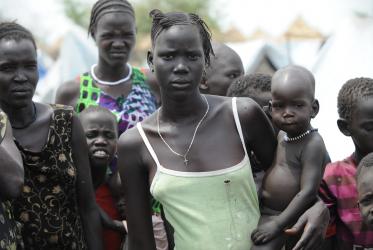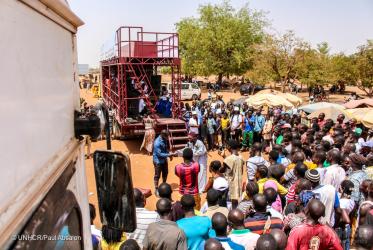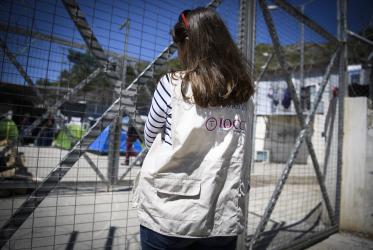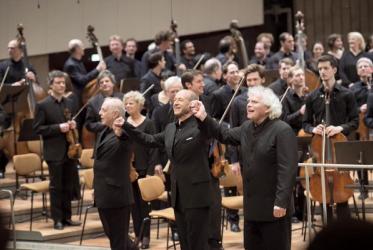Displaying 61 - 80 of 104
God’s forgotten children
20 June 2016
USA Racial Justice Accompaniment Visit
18 April 2016
Refugees in Berlin get dose of culture
10 March 2016
Afghan filmmaker sees Berlin as home — for now
10 March 2016
"I hit the ground running": Katalina Tahaafe-Williams
16 February 2016
Fleeing from – rather than to – a place
10 February 2016
Thomas de Maizière: On the frontlines of refugee integration
20 January 2016
WCC/UN High Level Conference: Refugee Crisis in Europe
14 January 2016
Person with disability shares reflection on AIDS conference
10 December 2015











